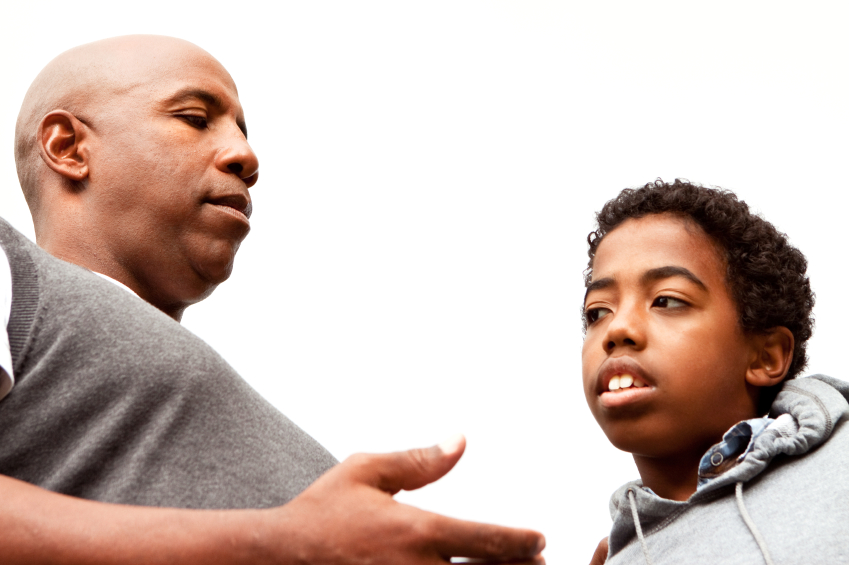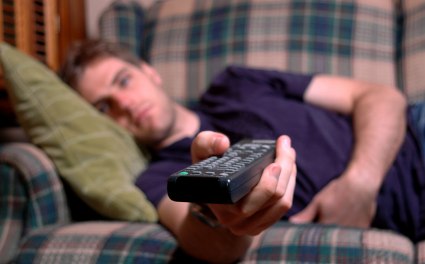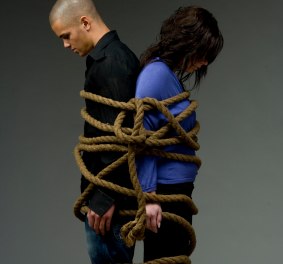This very recent BBC piece focuses on allegations of abuse, some of it quite severe, which allegedly occurred at youth training schools and other youth facilities. It includes the experience of a teenage Paris Hilton, which echoes disturbing stories we’ve all heard over the years. It’s the sort of material that attracts the less reliable sources in the media, so I decided to stick with the BBC’s take. It first appeared over the summer:
Troubled US teens left traumatised by tough love camps
It’s that phrase “Tough Love” that always catches my eye. According to The Oxford Dictionary, the phrase refers to: “…promotion of a person’s welfare, especially that of an addict, child, or criminal, by enforcing certain constraints on them, or requiring them to take responsibility for their actions.”
Then there’s this, from the Merriam Webster website, which dates the term to 1968: Tough love is “…love or affectionate concern expressed in a stern or unsentimental manner (as through discipline) especially to promote responsible behavior.”
Both are a little bit too broad for my comfort. Makes them vulnerable to misinterpretation.
The late 60’s were a time of great unrest among the younger generation (some of us were there). Naturally, a backlash followed. It’s possible the popularity of a ‘tough love’ approach to substance use was part of that backlash.
Problem is that from a practical standpoint, tough love was never a good fit for troubled kids, especially those with drug or alcohol problems, emotional disorders, or both. It’s based on a set of unworkable assumptions.
First, the idea that an adolescent’s problem behavior stems from a lack of discipline. What about all the other factors that may be involved? The aforementioned emotional disorders, substance abuse, or a mix of complex family problems? Those rarely respond well to discipline.
Second, that weeks or months of exposure to a tightly controlled environment with strict rules and consequences for misbehavior is likely to create lasting change in the youth — the sort that persists well beyond the release date. “Not in my experience,” complained a probation officer. “The failures outnumber the successes.”
I found that interesting. I asked why, if that’s the case, he continued to refer young clients to the training schools. “Because it gets them off the street and away from their families for a few months.” I get it: then they’re someone else’s problem, not his. For a while at least.
I understood better after I got a look at the size of the poor PO’s caseload. Then I thought back to kids I grew up with who’d been sent off to boarding schools and military academies. Even then I figured it was to give the family a break. At least now they only had to deal with the youth on holidays or during vacation.
I haven’t seen any good data on so-called ‘success rates’ from such treatment. I’m sure it’s a challenge to collect information, given the restrictions around confidentiality. And I imagine many families are reluctant to share what for them might have been a difficult experience.
One thing’s for sure: the idea of a tough love approach fit in well with the prevailing mood of America during the 80’s. Teenage drug use was constantly in the public eye. Citizens were already fearful, and the political rhetoric of the day was full of promises from politicians to get the problem ‘under control’.
At the time, there wasn’t yet much interest in understanding and addressing causes. It was all about coming up with solutions. And fast.












